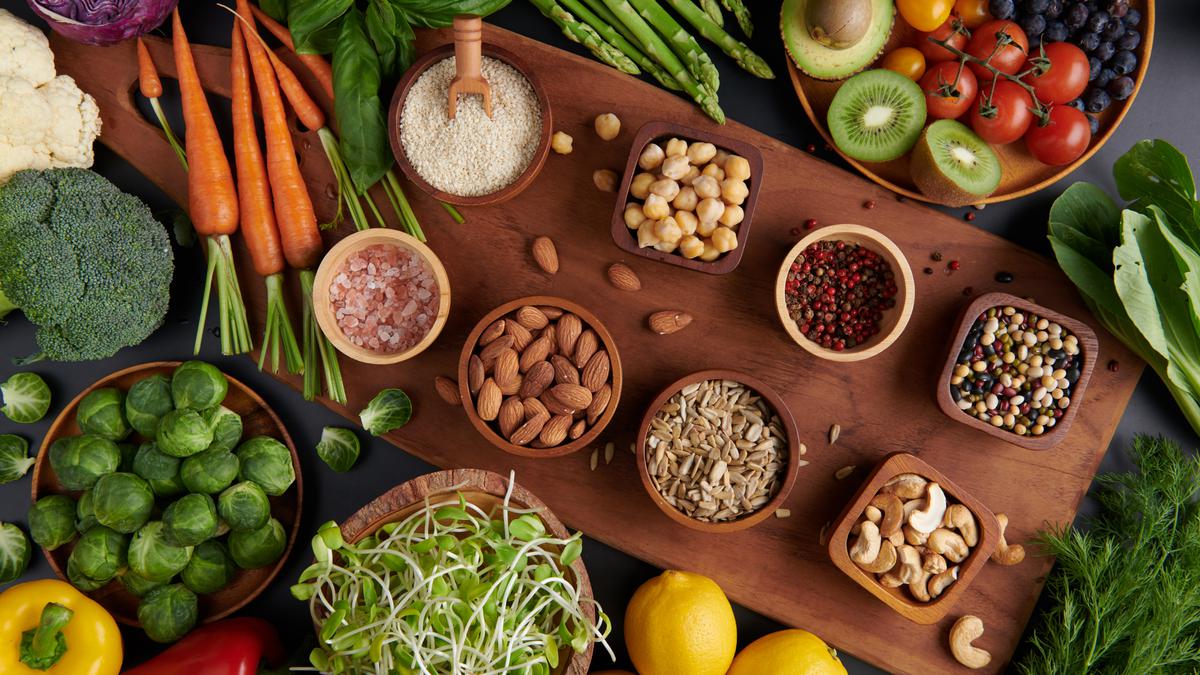
Undernutrition and anaemia remain pressing public health issues
The Hindu
Latest Dietary Guidelines for Indians address undernutrition, overweight, and unhealthy diets to prevent non-communicable diseases effectively across India.
Undernutrition and anaemia continue to persist as public health issues with an estimated 56.4% of total disease burden in India being attributed to unhealthy diets, according to the latest Dietary Guidelines for Indians (DGIs) developed by Indian Council of Medical Research (ICMR)-National Institute of Nutrition (ICMR-NIN), Hyderabad.
It said a significant proportion of children continue to suffer impaired nutritional status while concurrently battling rising prevalence of overweight, obese, pre-diabetic symptoms, heightened risk to non-communicable diseases (NCDs) in several States, creating a dual burden of malnutrition where both undernutrition and overweight/obesity coexist within the same communities and even within households.
The DGIs are evidence-based food and lifestyle related recommendations designed as easily understandable and practicable approaches for ensuring a diverse diet to meet the requirements of essential nutrients and prevent NCDs among people of all age groups across India.
ICMR-NIN recommends the dietary allowances and nutrient requirements for Indians and revises them from time-to-time based on the emerging scientific evidence and the changing food landscape.
The report, which was released on Wednesday, has noted that a balanced diet should provide not more than 45% calories (energy) from cereals and millets (nutri-cereals: diversifying from staples to millets) and up to 15% calories from pulses, beans and meat and the rest of the calories should ideally come from nuts, vegetables, fruits and milk. In other words, this will ensure 50%–55% of total calories from carbohydrates, 10%–15% from proteins and 20%–30% from dietary fats, it said.
“However, as per the data, cereals contribute to 50% to 70% of total energy per day. Pulses, meat, poultry and fish together contribute to 6% to 9% of the total energy per day as against the recommended intake level of 14% of total energy from these foods. In a large segment of the country’s population, the intake of micronutrient-dense foods (whole grains, pulses, beans, nuts, fresh vegetables, fruits, etc.) is found to be lower than the recommended levels, whereas the intake of refined cereals is found to be higher. A steady increase in the intake of unhealthy foods among people complicates matters further,’’ the report stated.
Stating that a significant proportion of premature deaths can be averted by following a healthy lifestyle, the report notes that healthy diets and physical activity can reduce a substantial proportion of coronary heart disease and hypertension and prevent up to 80% of Type 2 diabetes.











